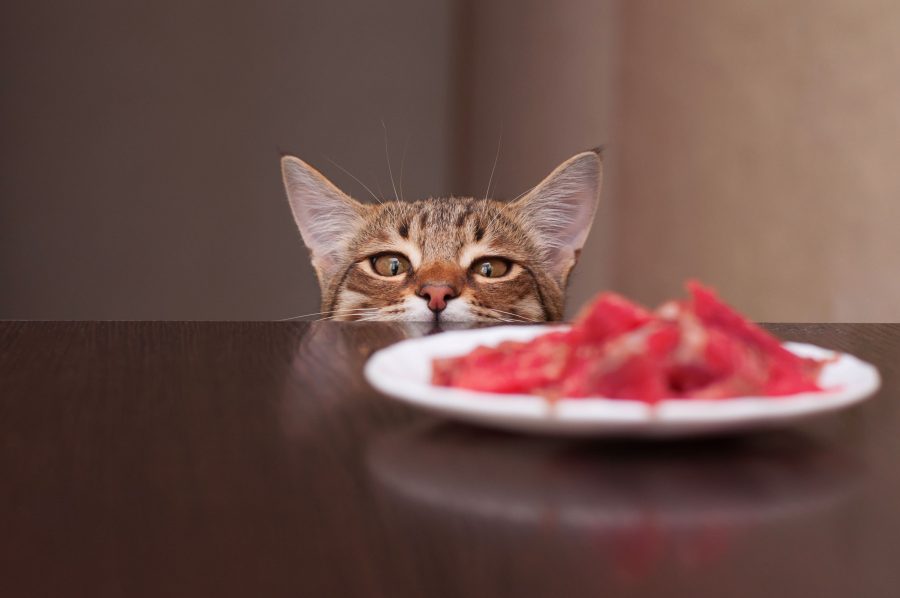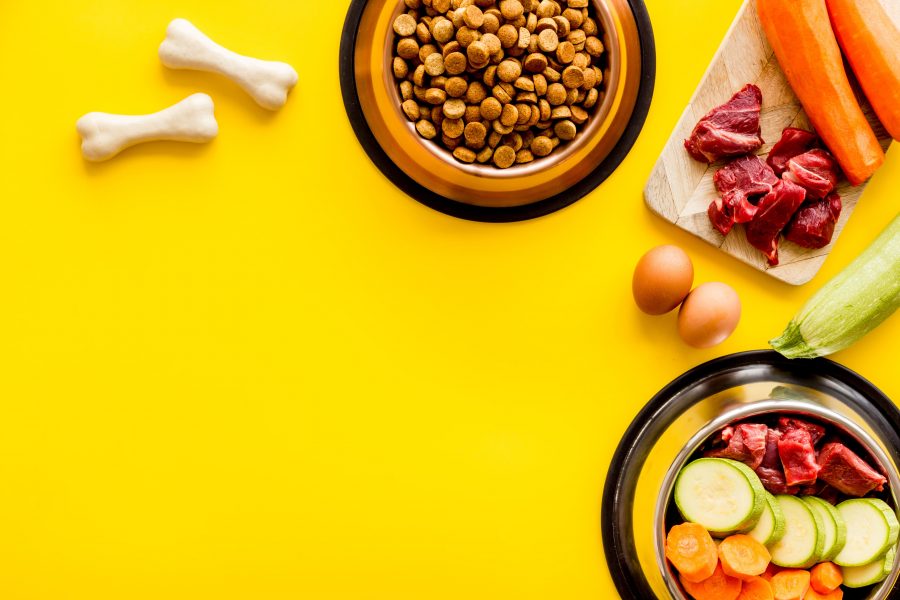Cats are known for their picky eating habits, but it’s essential to provide them with a balanced and nutritious diet. Understanding what is good and bad food for your feline friend can help ensure they stay healthy and happy.

Understanding the Nutritional Needs of Cats
Cats are obligate carnivores, meaning their bodies are designed to process and thrive on a diet high in animal protein. They also require specific nutrients, such as taurine, an essential amino acid found in meat, to maintain good health. It’s important to feed your cat a balanced diet that meets its nutritional needs, including high-quality protein, fat, and carbohydrates.
Good Food for Cats
When it comes to feeding your cat, the following foods are considered to be good options:
- High-quality wet or dry cat food formulated specifically for cats
- Cooked or raw meat, such as chicken, turkey, or fish
- Cooked or canned poultry or fish
- Cooked eggs
- It’s important to remember that every cat is different and may have unique dietary needs based on their age, weight, and health status. Always consult with your vet to determine the best diet for your cat.

Bad Food for Cats
While cats are known for their love of meat, there are some foods that should be avoided. The following foods can be harmful to your cat and should be avoided:
- Chocolate
- Grapes and raisins
- Onions and garlic
- Raw meat and fish (due to the risk of bacteria such as salmonella and E. coli)
- Dairy products (as many cats are lactose intolerant)
- Alcohol and caffeine
Treats for Cats
Treats can be a fun way to reward your cat, but it’s important to be mindful of the type and amount of treats you give. Treats should never make up more than 10% of your cat’s diet and should be chosen carefully to ensure they are nutritious and safe for your cat. Some good options include small pieces of cooked meat or fish or commercial cat treats formulated specifically for cats.
This article might also interest you: Why and how do cats purr?
